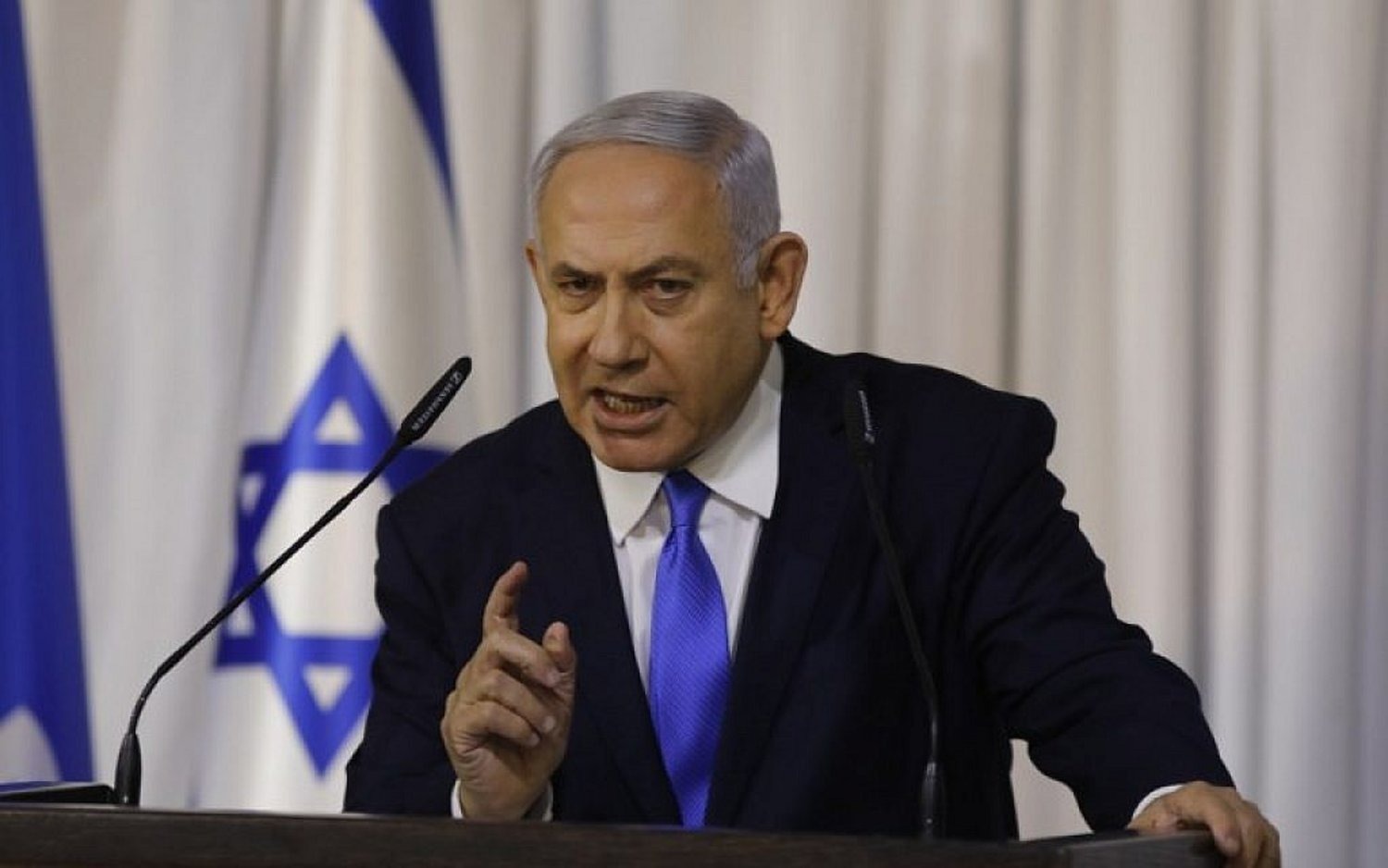Israeli Prime Minister Benjamin Netanyahu has revealed his blueprint for governing Gaza in the aftermath of the conflict, providing a comprehensive outline that could impact efforts to establish a Palestinian state.
According to The Associated Press, the plan envisions Israel maintaining indefinite security control over a demilitarized Gaza, a move that contradicts the aspirations for a fully independent Palestinian state supported by the U.S. and many others as a pathway to regional peace.
Additionally, the proposal includes the establishment of a buffer zone in Gaza, aimed at creating a neutral area adjoining Israel. The plan also advocates for local governance in Gaza by an organization free from any affiliation with terrorist groups, effectively ruling out Hamas, the Palestinian militant organization engaged in conflict with Israel.
Netanyahu, Israel Prime Minister (Credits: OnlySky Media)
Furthermore, Netanyahu’s stance against the Palestinian Authority governing Gaza, citing concerns of terrorism and radicalization emanating from the West Bank, adds another layer of complexity to the proposal.
However, the plan is expected to face resistance from Palestinians, the U.S., and Arab nations, all of whom advocate for a comprehensive Palestinian state encompassing both the West Bank and Gaza.
Netanyahu’s opposition to endorsing a Palestinian state has drawn criticism from the Biden administration, which favors such a solution alongside the revitalization of the Palestinian Authority for governance in the West Bank.
The implementation of any post-war Gaza plan hinges on the cessation of hostilities, the duration of which remains uncertain as the conflict persists.
Israel’s military operations, spanning across much of Gaza, are set to escalate with an impending invasion of Rafah at the start of the Muslim holy month of Ramadan on March 10.
Rafah, situated on the border with Egypt and hosting over a million civilians, faces the prospect of mass displacement and humanitarian crises amid the looming offensive.
Despite Israel’s assertion of advancing towards victory, officials acknowledge the likelihood of prolonged fighting, potentially extending throughout the year as they contend with resilient pockets of resistance, particularly from Hamas militants entrenched in Gaza.
